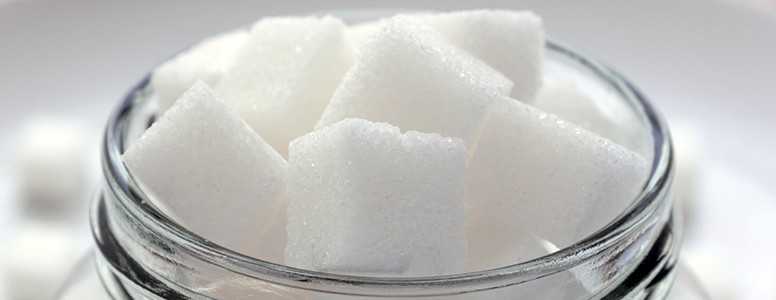Eating too much sugar during pregnancy may increase the risk of an unborn child developing heart disease later in life, a study warns.
Researchers at the University of Texas Medical Branch (UTMB) investigated the impact of high fructose consumption throughout pregnancy, and how it affected the offspring in adulthood.
In their study, they noted how several recent studies have connected excessive fructose consumptio, which is commonly found in fizzy drinks, to increased risks of obesity, type 2 diabetes and cardiovascular disease.
The scientists fed pregnant mice either water or a 10 per cent fructose drink that mimicked the amount of fructose in most sugary soft drinks. The mice received these drinks throughout pregnancy, but both groups were fed the same diet.
After weaning, the offspring were given water and a normal mouse diet before being evaluated for one year. One year of age is considered to be middle aged for mice.
The researchers used computed tomography (CT) scanning to measure abdominal fat tissue and liver fat. Blood tests were also conducted to measure glucose concentrations, insulin, total cholesterol and triglycerides.
The male and female offspring in the fructose group had higher levels of glucose, obesity and blood pressure, which are primary risk factors for heart disease.
The effect of glucose was more pronounced in female offspring, which had higher percentages of abdominal fat tissue, insulin resistance and liver fat. These pups also had lower concentrations of lepti, which is known to regulate fat storage, compared to those in the water group. However, there were no between-group differences in total cholesterol or triglycerides.
Lead author Antonio Saad said: “Limiting intake of high fructose-enriched foods and beverages during pregnancy may have a great impact on the child’s future health.”
Last month, Chancellor George Osborne announced plans for a tax on sugary soft drinks in the UK which will begin from 2018. The government is set to announce its upcoming strategy on childhood obesity later this year.
The findings appear in the American Journal of Obstetrics and Gynecology.
What's new on the forum? ⭐️
Get our free newsletters
Stay up to date with the latest news, research and breakthroughs.






